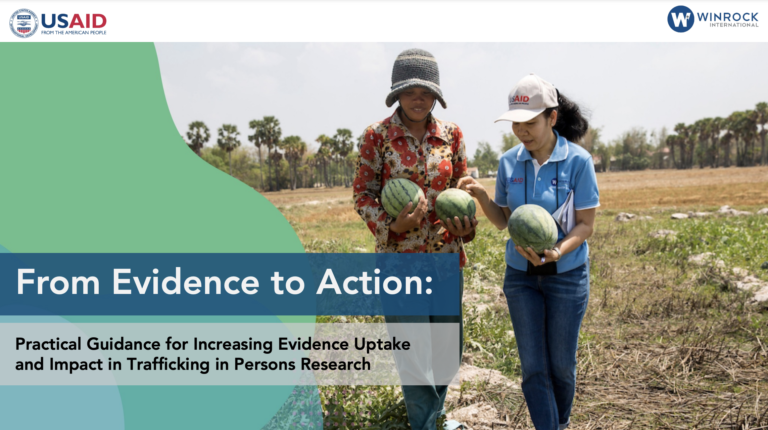The COVID-19 Pandemic and Workers in Cambodia: A Survey of Suspended Workers in Four Sectors: Garment Manufacturing, Footwear and Travel Foods, Hotels and Guesthouses, and Other Tourism Services
COVID-19 resourcesGuidanceIn Cambodia, the COVID-19 pandemic has resulted in widespread job suspensions and losses, and substantial reductions of income for workers and their families. By June 2020, as many as 234 factories in the manufacturing sectors (garment, footwear and...Read More

